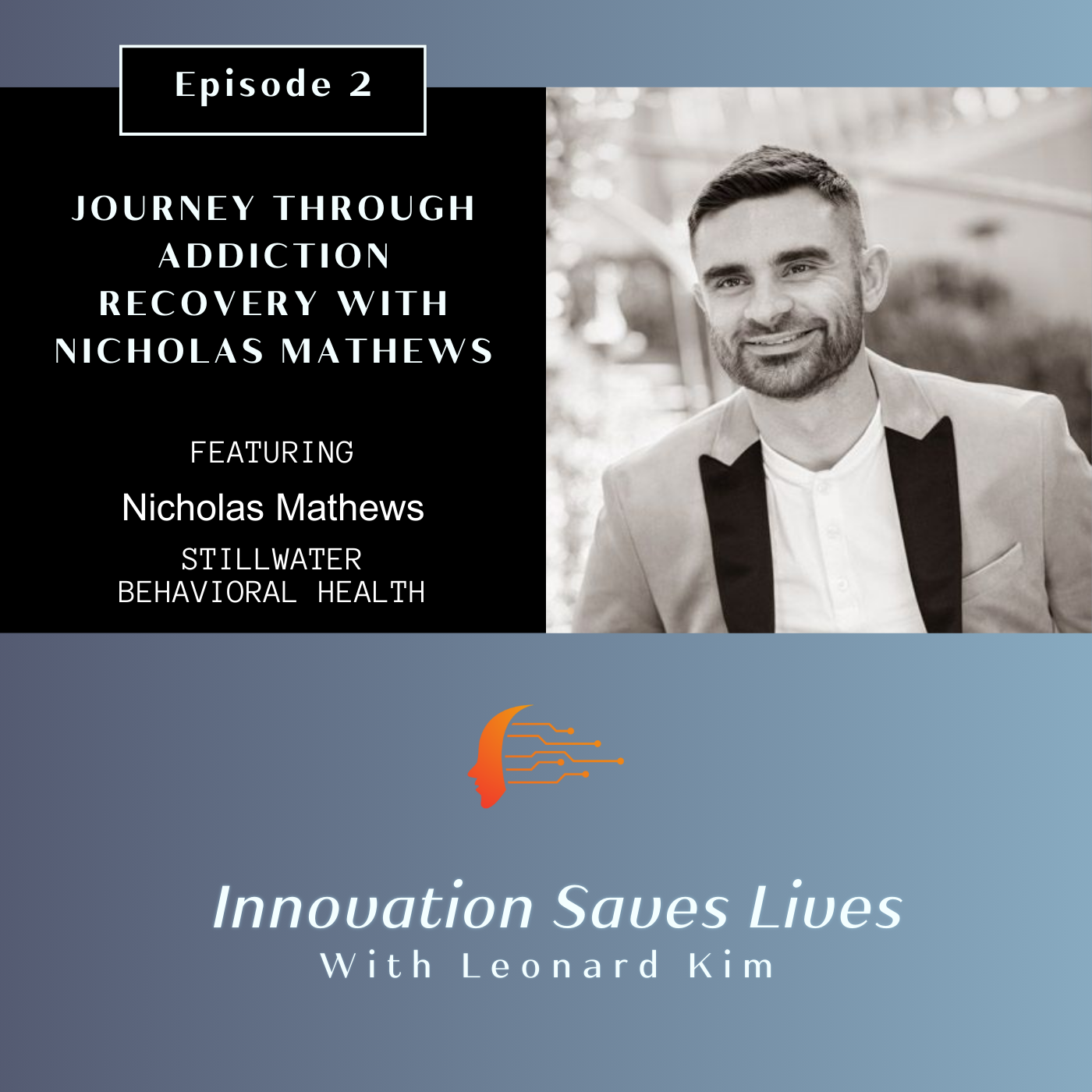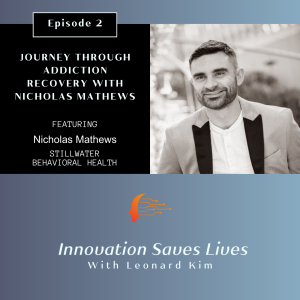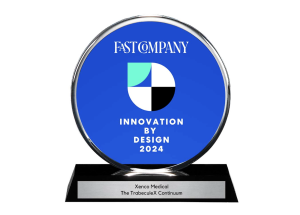In the digital age where health tech solutions are integral to patient care, we’ve gathered seven cybersecurity experts to share their indispensable best practices. Highlighting insights from a Cybersecurity Consultant to a Founder and CEO, our contributors emphasize everything from implementing data backup and recovery to the necessity of regular security audits and updates.
- Implement Data Backup and Recovery
- Adhere to HIPAA Compliance
- Utilize VPN for Data Security
- Encrypt Data and Regularly Evaluate Threats
- Strong Encryption Measures for Data Protection
- Apply Least Privilege Access Principle
- Conduct Regular Security Audits and Updates
Implement Data Backup and Recovery
One crucial cybersecurity best practice for safeguarding health-tech solutions and patient data is implementing robust data backup and recovery processes. Healthcare organizations and health-tech companies deal with sensitive patient information that must be protected against data breaches, ransomware attacks, and other cyber threats.
Alex Tray
Cybersecurity Consultant, NAKIVO
Adhere to HIPAA Compliance
A crucial cybersecurity best practice for safeguarding health tech solutions and patient data is adhering to the HIPAA (Health Insurance Portability and Accountability Act) framework. This framework sets the standard for protecting sensitive patient information from being disclosed without the patient’s consent or knowledge.
By following HIPAA guidelines, healthcare providers can ensure that they implement robust security measures, such as encryption and access controls, which help prevent unauthorized access to patient data. This compliance protects patients and builds trust in the healthcare provider’s technology infrastructure.
 Bogdan Glushko
Bogdan Glushko
CEO, Proven Data
Utilize VPN for Data Security
One cybersecurity best practice that is crucial for safeguarding health tech solutions and patient data is the use of a VPN (Virtual Private Network). A VPN creates a secure and encrypted connection between a user’s device and the internet, ensuring that all data transmitted is protected from unauthorized access.
Using a VPN helps healthcare organizations prevent cybercriminals from intercepting sensitive patient information, such as medical records or personal details. What’s more, a VPN can also help protect against other cyber threats, such as malware or phishing attacks, by providing an additional layer of security.
In short, implementing a VPN solution is an essential measure to ensure the privacy and security of health tech solutions and patient data.
 Michael Gargiulo
Michael Gargiulo
Founder, CEO, VPN.com
Encrypt Data and Regularly Evaluate Threats
We use encryption as the best practice for safeguarding patient data. It ensures that personal information remains confidential and secure from unauthorized access. It is applied to data both at rest and in transit, making it incredibly challenging for cyber attackers to decode the information without the necessary decryption keys.
Our cybersecurity specialists conduct detailed evaluations of potential cybersecurity threats regularly. This proactive approach facilitates the development of tailored security strategies to mitigate these risks effectively.
The practice ensures compliance with stringent regulations such as HIPAA in the U.S., which sets the standard for protecting sensitive patient data. Adhering to it helps prevent costly breaches and builds trust with patients and partners, affirming that their data is handled securely and responsibly.
 Konrad Martin
Konrad Martin
CEO, Tech Advisors
Strong Encryption Measures for Data Protection
I believe that a crucial cybersecurity best practice for safeguarding health tech solutions and patient data is implementing strong encryption measures. Encryption plays a vital role in protecting sensitive health information by ensuring that data, both in transit and at rest, is accessible only to authorized users.
This method is particularly effective in the health care sector, where patient confidentiality and data security are paramount to comply with regulations like HIPAA and to maintain trust with patients and stakeholders.
 Elmo Taddeo
Elmo Taddeo
CEO, Parachute
Apply Least Privilege Access Principle
Healthcare thrives on collaboration, but not all staff need access to all patient information. The “Least Privilege” principle ensures only authorized personnel receive temporary access to specific data for their tasks. This keeps sensitive information secure, even in busy healthcare environments.
 Leon Seebauer
Leon Seebauer
Market Research Specialist, Codific
Conduct Regular Security Audits and Updates
One indispensable cybersecurity best practice for securing health-tech solutions and safeguarding patient data is the routine auditing and updating of security protocols. Regular security audits help identify vulnerabilities within the system before they can be exploited by cybercriminals.
Cyber attackers often exploit outdated systems with known vulnerabilities. By ensuring that all components of a health-tech ecosystem are regularly reviewed and updated, healthcare providers can better protect against emerging threats and keep patient data secure. This proactive approach not only fortifies the defenses against cyber-attacks but also fosters trust with patients by demonstrating a commitment to protecting their sensitive information.
 Amit Doshi
Amit Doshi
Founder & CEO, MyTurn













